From Berlin: Blog #5 - Festival Wrap
Feb 18, 2013
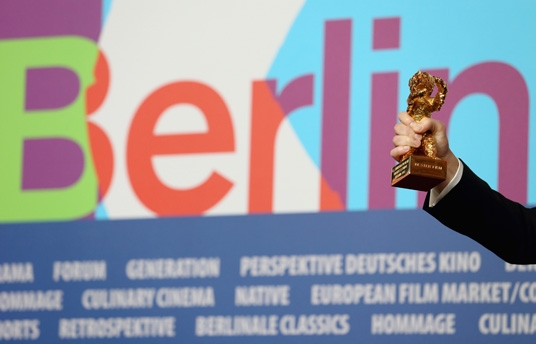
By Kaleem Aftab, Berlin International Film Festival 2013
It’s usual practice at film festivals for audiences and critics to groan when the prizes are announced, as the subjective nature of interpreting art inevitably leads to some idiosyncratic choices. This was not the case with the 2013 edition of the Berlin Film Festival. Everyone seemed to be in agreement with the choices made by the jury headed by acclaimed filmmaker Wong Kar Wai. This, though, may just be because everyone also seemed to agree that there were so few good films in competition that the jury was left with not much to choose from.
The Golden Bear for best film went to Child’s Pose by Calin Peter Netzer, continuing the recent trend for Romanian films to pick up the big prizes at festivals. The touching tale about a mother doing all she can to stop her son going to jail after he is involved in a fatal car accident was a real tearjerker that deserved all of its many plaudits.
video#1
The Jury Grand Prize went to Bosnian director Denis Tanovic’s An Episode in the Life of an Iron Picker. The genesis of the film came from an article that Tanovic read in the paper about a woman who was turned away by a hospital because she could not afford to pay for the fairly simple operation following a miscarriage. The doctors knew that the mother would die if she didn’t have the operation but money came first. Tanovic found the people in the story and asked them if they would recreate the incident in a film shot over 9 days. It’s a story that highlights the plight of the poor and the value of life and Tanovic should be commended for commanding a performance of such power, from the husband, that Nazif Mujic walked off with the best actor prize.

An Episode in the Life of an Iron Picker (2013) by Denis Tanovic.
After watching the Chilean crowd-pleaser Gloria, everyone thought that Paulina García would win best actress and so it proved. She is brilliant and hilarious as an aging divorcee forced to hit the singles scene in Santiago.
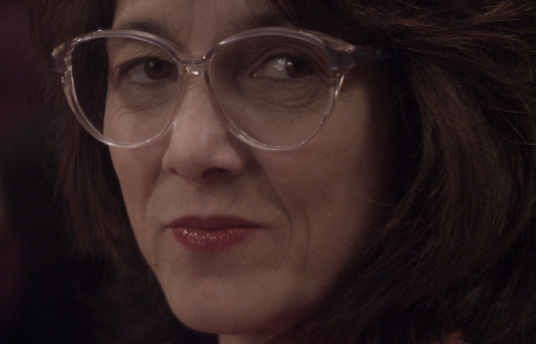
Paulina García in Gloria (2012) by Sebastián Lelio.
The big film from Iran was Jafar Panahi’s Closed Curtain. The director has become a cause celebre in the film world eversince the Iranian government ordered him not to direct films. He’s managed to get around the ban by using co-directors, this time he’s working with Kambuzia Partovi. The story is an experimental drama about what affect the ban on filming has had on Panahi’s state of mind. It’s a cerebral slow-burner with a dramatic twist, but one that takes too long to reveal itself. The film won the screenwriting prize, which seemed about right.
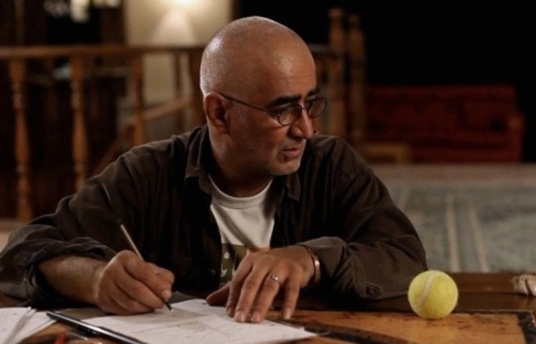
Closed Curtain (2013) by Jafar Panahi.
Middle East films, or films with strong Islamicthemes populated Berlin’s side bar sections. What was particularly noteworthy was the fact that for the first time the stories did not seem to be reactions to 9/11 or the Arab Spring.
A film that I’m particularly fond of is A World Not Ours by Mahdi Felifel. It’s a biographical documentary his family and life in a refugee camp in Jordan that’s told in the style of The Wonder Years. Too often films about refugee camps are overly serious, but Felifel understands that no matter how dark the situation may seem, humans have a great ability to find humour and laugh. There was a surprise guest at the screening of the film and a lively debate.
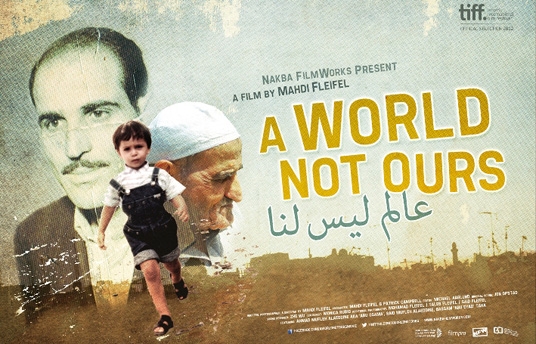
A World Not Ours (2012) by Mahdi Felifel.
Canadian film Inch’Allah by Anais Barbeau-Bavalette made a spectacular European debut. It tells the story of a young doctor from Quebec who lives in the Middle East, crosses the border into Palestine to treat pregnant women, and becomes involved in regional unrest. Also interesting, but ultimately lacking sufficient insight and slightly too slow-paced was a film from Argentina Habi, The Foreigner about an Argentine woman who converts to Islam.
video#2
Another recommendation would be the Turkish film Jin. The opening night film of the Generations section (aimed at younger teenage audiences), it is a fascinating and surprising tale about the bitter conflict that has raged between guerrillas and the army in Turkey’s Kurdish regions over the past 30 years. The title is a reference to the rebellious 17-year-old lead character played by talent-to-watch Deniz Hasguler.
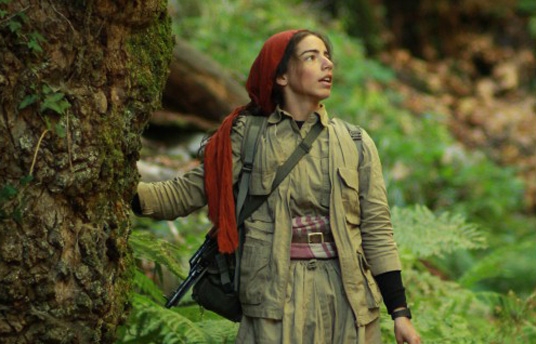
Deniz Hasgüler in Jîn (2013) by Reha Erdem.